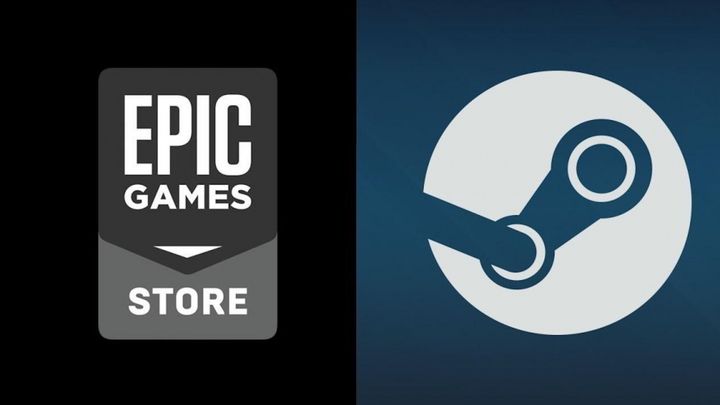author: Bart Swiatek
Tim Sweeney Challenges Valve to Reduce Its Revenue Share
Tim Sweeney – CEO of Epic Games – wrote on Twitter that his company is ready to give up acquiring exclusive titles, assuming Steam gives up 88% of sales revenue to the devs. The only condition being, that the solution would have to be implemented "without strings attached".

IN A NUTSHELL:
- Tim Sweeney is willing to give up exclusive titles for EGS if Steam accepts a 12% revenue share;
- Valve would have to meet a number of additional conditions to guarantee openness and freedom on the distribution platform;
- It's hard to say whether the proposal from Epi's CEO is serious - or whether it's just an attempt to improve image.
On Twitter, Sweeney presented an interesting scenario in which his company could give up paying developers for exclusive titles for Epic Games Store and even try to release their own games on Steam. The key is Gabe Newell's acceptance of a 12% revenue share without any tricks or strings.
12% or... we'll keep buying games.
Epic Games adds that if this were to happen, it would be a truly "glorious moment" for the entire industry, and one that would affect many generations to come.
According to Tim Sweeney, 30% revenue share is currently the biggest problem for developers and publishers. Epic Games wants to eliminate this problem, so if Steam would be willing to join the plan, Epic's current strategy wouldn't need to be continued. However, it is necessary to adopt some basic conditions, which Sweeney defines in subsequent tweets.
How much truth and how much PR?
In some respects, it is difficult to deny Tim Sweeney a point, and some of the elements of his vision are attractive. In reality, however, it cannot be ruled out that the proposal was formulated because he is well aware of the fact that Valve will be unable to agree to it. This is not so much a real challenge as a clever attempt to improve his image. Contrary to popular opinion, drastic revenue share reduction is not a simple decision, connected only with the reduction of own profits for the benefit of authors - it is a matter of changing the entire business model, potentially resulting in the need to terminate or renegotiate many existing contracts.
By taking only 12% of each copy sold, Epic Games is forced to pass on some of its costs to its customers in order to remain profitable, which Steam does not. The simplest example is payment methods - some of them require an additional fee for EGS, because Epic cannot afford to shoulder the associated cost. Tim Sweeney himself confirmed it on Twitter one day.
With a margin of 12% Epic Games, he can't really afford the frequent and attractive promotions (which are one of Steam's trademarks), as well as entering into agreements with numerous third-party stores. They will want to compete with EGS, and any copy sold outside of the Epic Games Store can bring the platform dangerously close to borderline of remaining profitable.
Simply put, a 30% revenue share gives Valve a degree of flexibility in running its business that simply wouldn't be possible with 12%. The strategy adopted by Epic Games is undoubtedly very beneficial for developers, but it's worth asking yourself whether players will have to shoulder the costs at the end of the day - we already know that this was the case with Anno 1800 / The Division 2, whose average market price has risen by 10-30% after the agreement has been signed between Epic Games and Ubisoft.